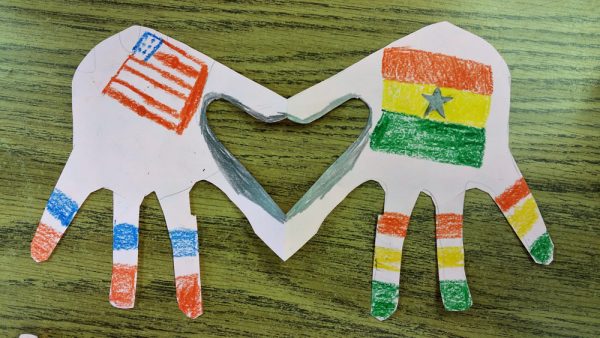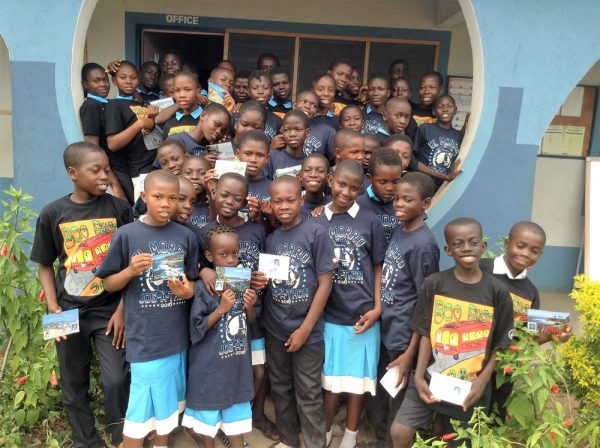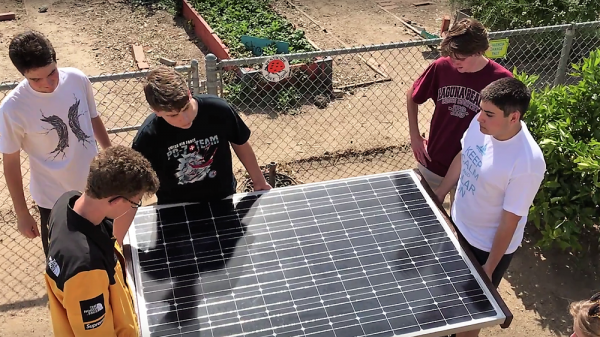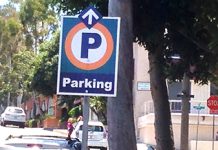By Amy Orr
Last fall, Laguna Beach school administrators launched a new teacher-training program that helps instructors integrate state-of-the-art technology into lessons that allow students to solve real-world problems and explore cultures across the globe.
Educators’ lack of enthusiasm for traditional day-long group sessions provided the propellant for what’s known as Rocket Ready, a staff development approach devised by LBUSD Chief Technology Officer Michael Morrison and his team.

To boost teachers’ tech skills, the team created Rocket Ready, a five-phase “micro-credential” teaching tool. Thirty-five teachers volunteered to pilot the program and 23 people completed all five phases.
According to Morrison, the rollout was so successful that 11 school districts across the nation are using variations of Laguna’s novel approach. Thirty other districts (including one in Canada and another in Sweden) are monitoring Rocket Ready results and considering similar development paths.
Rocket Ready was envisioned as a way to give teachers hands-on learning throughout the school year and help them incorporate online tools in the classroom, Morrison said.

“We asked teachers to choose a real-world problem, something they were passionate about,” said Morrison. “Some chose issues that were scientific, others chose social issues…there was a huge range. Then they had to build a project that would help their students solve this problem.”
Heather Besecker, a fourth-grade teacher at El Morro Elementary, employed Rocket Ready to help her students learn about gratitude. After finding a school of 300 orphaned children in Ghana, Besecker created opportunities for her students to connect with and assist the African youngsters.
“We tied it into our California history curriculum,” Besecker said. “Using Google My Maps, each student researched and answered questions from the Ghana kids. They learned a lot and so did I.”
Molly Zurflueh’s son was in Heather Besecker’s class last year. Zurflueh loved her son’s exposure to life in another part of the world.
“He very much empathized with those children and I believe, despite the many miles, he felt a true connection to his pen pal,” said Zurflueh about her son’s experience. “This project really opened his eyes and his heart and, I think, taught him a lot about compassion.”

Laguna Beach High School biology and physics teacher Parta Perkins relied on Rocket Ready concepts in her work with the LBHS Solar Club. The club normally focuses its efforts on solar boat racing, but this year Perkins helped members add solar components to two Laguna campuses.
“Top of the World had a garden with no access to electricity, so we wanted to provide solar power for their sprinklers and other needs,” Perkins said. “We also installed solar panels on the roof of the high school so that lab tables in the center of the room could use solar batteries.”
Perkins said that many of the Rocket Ready techniques she learned were invaluable. She said she appreciated the fact that she was not only asked to incorporate new technology, but was also required to assess its impact on her students’ learning.
“I became less hesitant to try new strategies because it was okay to fail,” Perkins said. “I felt very comfortable giving honest feedback and letting them know ‘this worked in my classroom, but that did not.’ Open dialogue and open discussion were very helpful components.”
Morrison said the feedback was generally positive, although some instructors felt overwhelmed by the amount of work and the number of hours required to complete each stage. He said that year two will have fewer requirements; most significantly, the project will drop from five to four phases. His said the district’s intent is for Rocket Ready to be challenging, but doable.
“We tried to build a culture of problem-solving real solutions, not simulations,” said Morrison. “It was hard, but our teachers showed grit and persistence. I think their struggles made them resilient. They learned new skills and truly incorporated them in their classrooms.”
In Perkins’ words, “Rocket Ready kept the kids engaged and led to digital discussions and collaborations between students. I had hiccups and bumps as I learned how to embed new strategies in my teaching, but I loved having a whole year to play with things. I will keep using these new techniques until the day I retire.”




